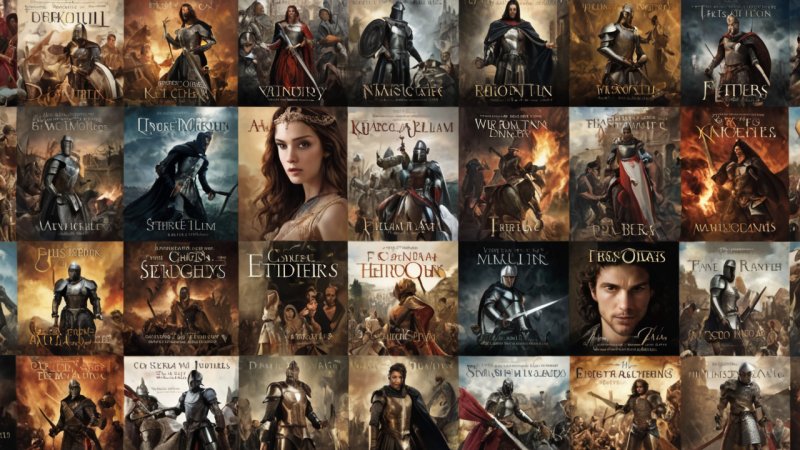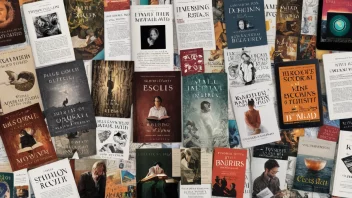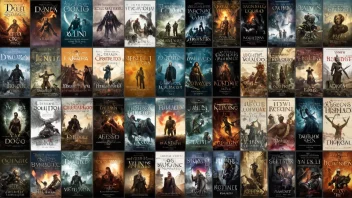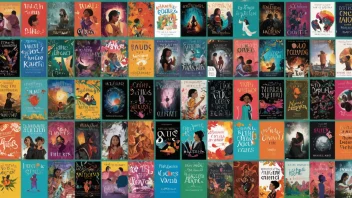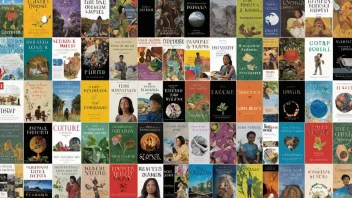Heroism has always been a captivating theme within literature, especially in classic texts that have shaped our understanding of what it means to be a hero. From the epic tales of ancient civilizations to the nuanced characters of the modern age, the concept of heroism has evolved significantly over time. This article delves into the various portrayals of heroism in classic literature, illuminating the cultural and societal contexts that influence these depictions.
One of the most notable representations of heroism can be found in Homer's Odyssey. Odysseus is celebrated not only for his physical bravery but for his cunning intelligence and resourcefulness. His journey home from the Trojan War is fraught with challenges that test his character, making him a multifaceted hero. Unlike traditional heroes who rely solely on strength, Odysseus exemplifies the idea that wisdom and resilience are equally heroic traits.
In contrast, the chivalric heroes of medieval literature, such as King Arthur and his Knights of the Round Table, embody ideals of honor and nobility. These characters often engage in quests driven by moral imperatives, reflecting the societal values of their time. Their heroism is tied to a code of conduct that emphasizes loyalty, bravery, and sacrifice, demonstrating how cultural contexts shape the hero archetype.
As we move into the 19th century, authors like Victor Hugo in Les Misérables introduce a more complex understanding of heroism. Characters such as Jean Valjean and Javert grapple with moral dilemmas that challenge traditional notions of good and evil. Valjean's transformation from a convict to a compassionate benefactor highlights the idea that heroism can arise from personal redemption and social justice, urging readers to reconsider who can be deemed a hero.
The 20th century brought forth modernist literature, where heroism becomes even more fragmented. In works like Ernest Hemingway's The Old Man and the Sea, the protagonist Santiago embodies a quiet, understated form of heroism. His struggle against nature and his unwavering determination serve as a reminder that heroism can be found in perseverance and the human spirit, rather than grandiose acts of valor.
Moreover, the concept of the anti-hero emerges in the works of authors like F. Scott Fitzgerald in The Great Gatsby. Jay Gatsby, while charismatic and ambitious, is ultimately flawed. His pursuit of the American Dream reveals the darker side of heroism, illustrating that not all heroes are virtuous, and that their journeys often lead to tragic ends.
In conclusion, the exploration of heroism in classic literature offers a rich tapestry of ideas that reflect the changing values of society. From the ancient heroes of epic tales to the flawed characters of modern novels, the concept of heroism continues to be redefined. As readers engage with these texts, they are invited to reflect on their own understanding of what it means to be a hero, ultimately fostering a deeper appreciation for the complexities of human nature.
